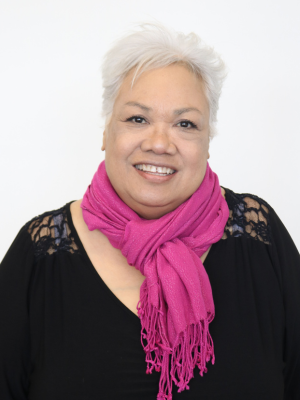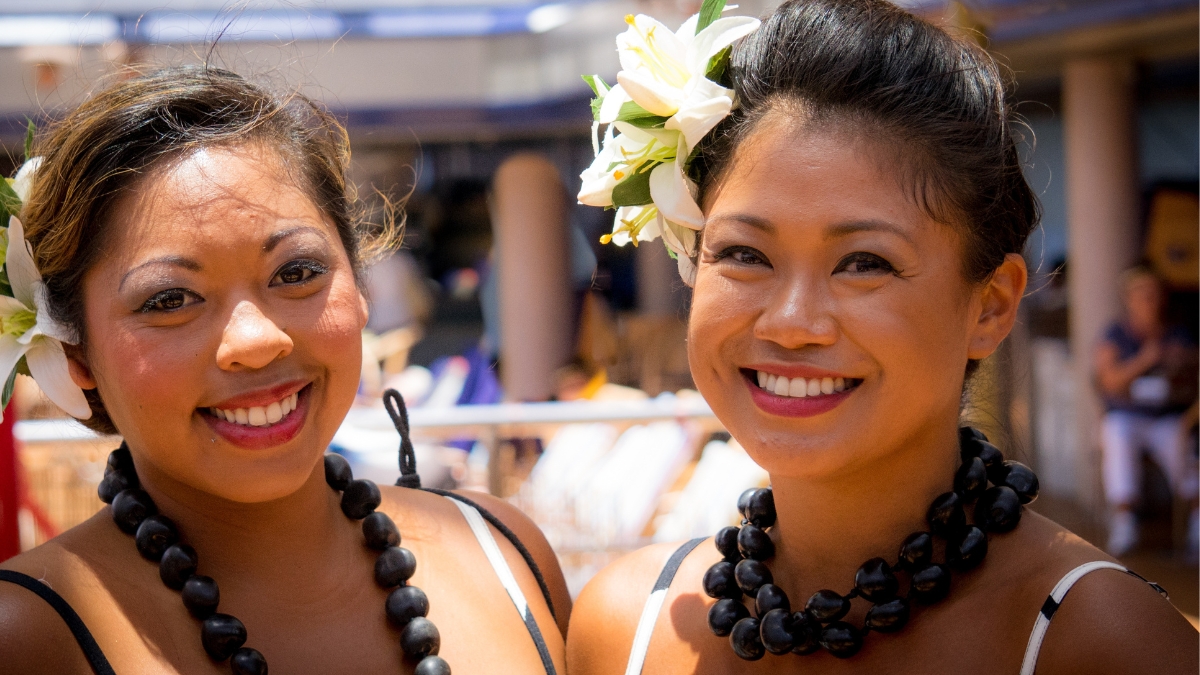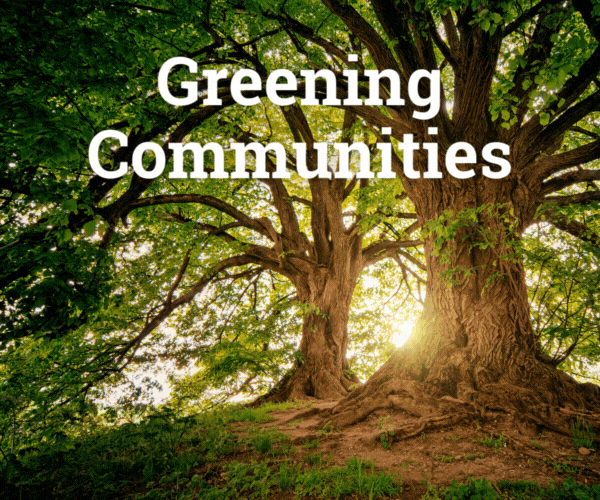Susi Feltch-Malohifo’ou feels a twinge of anger almost every time she sees or reads a story about Pacific Islanders in the news.
“We’re either portrayed as gangsters or as football players. We have such a rich history and culture, but these are the only two paths for which we are portrayed,” said Feltch-Malohifo’ou, Co-Founder, Executive Director & CEO of the organization Pacific Island Knowledge 2 Action Resources, based in Salt Lake City, Utah.
Pacific Islanders make up roughly 2.4% of the population in this historically Mormon enclave. Utah is home to one of the largest population of Pacific Islanders, many of whom are Mormons.
Misidentification
PIK2AR is one of five organizations involved with Asian Americans Advancing Justice-AAJC’s Narrative Change and Caregiving Project. The initiative is funded by the Robert Wood Johnson Foundation.
“For every positive thing I send to the media, they pick out the negative things that are happening in our community,” said Feltch-Malohifo’ou, who is Tongan American, and one of the few individuals allowed to be adopted by a non-Tongan family.

Polynesians are often misidentified by media, leading to a bias that they are perpetrators of crime and violence. “I tell reporters: ‘do not prosecute us already. You’re accusing us before you know the facts,’” she said.
“I can give you a myriad of reasons why we are overrepresented in the prison system here,” said Feltch-Malohifo’ou, noting that PIs tend to be a bit larger in body size, which, she says, feels threatening to people and police. “They assume we are aggressive; that we are bullying other people’s kids. We speak a bit louder, but we’re not angry; we’re passionate.”
“Bigger people just look scary,” said a participant in PIK2AR’s community survey. “People won’t come up to you or say hi. It’s a little sad.”
Racial Profiling
“Polynesian women experience xenophobia differently than men,” said another participant in the community survey. “I find that most of the negative I’ve experienced have been more microaggressions, assumptions made or things said.”
“My brother had braids and a do-rag. A few of us, including teenagers, went to the mall and no hats are allowed in the mall. A do-rag isn’t a hat,” said another participant. “The security guard ended up tackling him to the ground. The cops got there and the security guard claimed they were men, but they were 13 year old kids. They looked bigger because they are Polynesian,” said the survey respondent.
Media Survey
Last November, PIK2AR held a luncheon for local 25 local media, releasing the results of a survey in which 15 reporters and editors participated. The survey included several questions on bias in reporting and general perceptions of the Pacific Islander community.
Over 33% responded that their personal beliefs and values influence their reporting. 60% said they seek out opinions and perspectives that challenge their own beliefs. But more than half said they sometimes or rarely engage with those who have differing viewpoints than their own.
41% said they are careful to present both sides of a controversial issue, while other respondents said sometimes or neutral. 53% said they strive to promote fair and balanced reporting, while more than 46% responded sometimes or never.
Balanced Reporting
Two-thirds of respondents said media should aim for neutral and balanced reporting, whereas more than 6% disagreed. One-third of respondents also remained neutral on the question of whether media should address biases in its reporting.
“The media loved it,” said Feltch-Malohifo’ou. “It wasn’t just: ‘come to a lunch and hear what we gotta say and goodbye.’ They are actually are invested in being better and showing our communities in a better light.”
PIK2AR will continue the media round-tables and community story-gathering in its second year of the Narrative Change initiative.
The organization has also started a Pacific Islander film festival, showing a film each month which highlights the unique cultures of the many PI subcultures under the umbrella.





